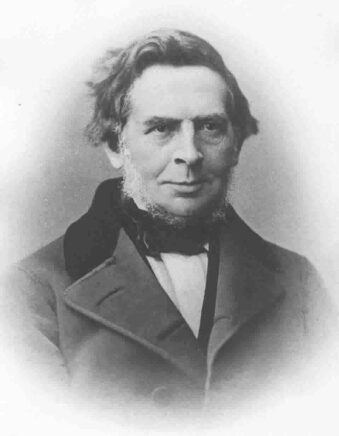Karl Simrock
A student of Ernst Moritz Arndt (1769-1860) and Wilhelm August Schlegel (1767-1845), a correspondent of the Grimm brothers, and a friend of Adelbert von Chamisso (1781-1838) and Friedrich de La Motte-Fouqué (1777-1843), Karl Simrock was a product of the Romantic school, both as a poet and a philologist. While still in Berlin, he made a name for himself by adapting the medieval novel of the Nibelungen Song into modern German (in 1827), and then moved to Bonn where he devoted himself to editing, translating and adapting literary masterpieces from early times in Germany. It was also in this capacity that he published, in 1846, his reworking of Faust for puppets, which may have served as a source for the rewrites of Lessing (1729-1781) or Goethe (1749-1832). Simrock's work is largely rewritten: his most popular work in the 19th century was a great epic, Das Amelungenlied [The Song of the Amales], which synthesized the great mythical tales of the Gothic and Germanic Middle Ages.

Works
- Doctor Johannes Faust – 1846